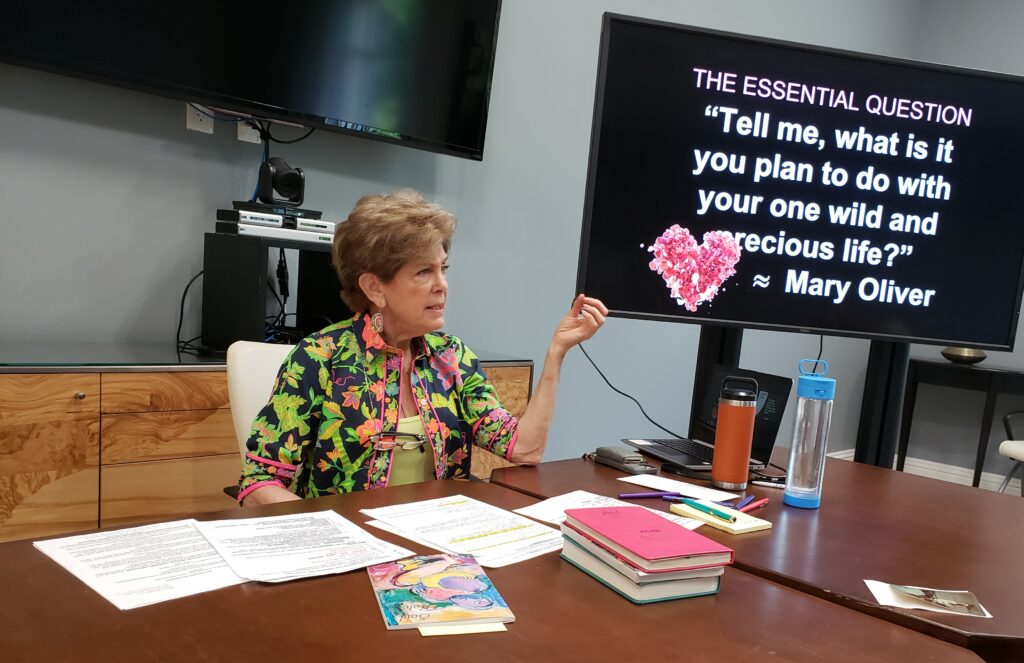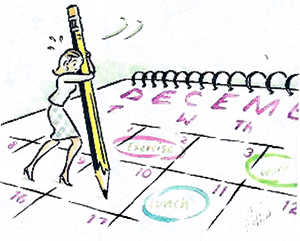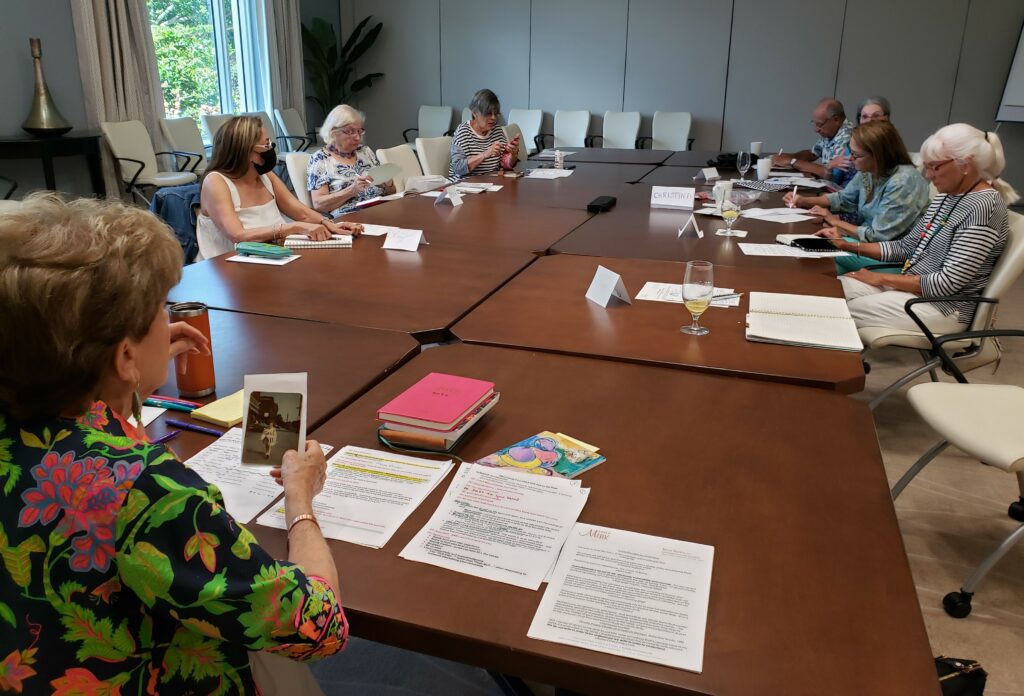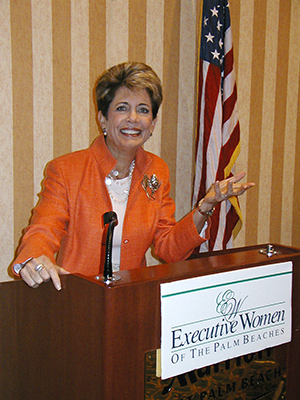The Emotionally Intelligent Organization™ – A Coach Approach
Principles and Practices that impact the bottom line.
Creating Values Based Environments at Work
“Companies that enjoy enduring success have core values and a core purpose that remain fixed while their business strategies and practices endlessly adapt to a changing world.” ~ The Harvard Business Review, Sept-Oct 1996
This curriculum is designed to encourage values activated decision making and team interaction. The final result of the work is a clear alignment of personal and corporate values. Some of the benefits and results include:
- moving beyond a motivated sales/work force to a passionate sales/work force
- high morale amongst employees
- the creation of values based, viable, dynamic solutions for existing challenges
- a highly collaborative environment
- more creative problem solving working towards shared goals
- enhanced productivity
- inspired employee and customer loyalty
As we move into the rapidly changing business environments of the 21st century, the most vital and sustainable companies will be those with a clear values-based vision of who they are and what they want to become.
Listening Wisely and Well
“One of the best ways to persuade others is with your ears – by listening to them.” ~ Dean Rusk, U.S. Secretary of State
Extraordinary Self Care for the Care Giver
“Be sure to put your own oxygen mask on first before assisting others.” ~ standard instruction given by flight attendants on all commercial flights
Appreciative Inquiry
“ The question is not what you look at but what you see. ” ~ Thoreau
Happiness and the Bottom Line
“A positive mood jolts us into an entirely different way of thinking from a negative mood … It buoys people into a way of thinking that is creative, tolerant, constructive, generous, undefensive, and lateral.” ~ Dr. Martin Seligman, Authentic Happiness.
BrainWork: An Owner’s Guide to getting the most from your most useful workplace tool
Discover the competitive advantage of harnessing your brain power
We expect every key piece of equipment in our lives, especially our work lives, to come with an owner’s guide. Yet most of us have little idea of how our own brain works. The human brain is the most sophisticated information gathering and processing system on Earth, and yet it often acts in surprising ways. Our tyrant of a rational mind tends to think it is in control, but our rationality is often surprised by our own decisions and behavior because many other aspects of our brain are faster and more ingrained than our logical processing. Learning to harness the full power of our brains, including our extra-rational faculties, is a powerful tool in becoming more effective while relieving stress. New insights are daily coming to light on how our brains function when presented with the challenges we find in the modern workplace. Yet this information has largely not made the transition from the halls of academia into today’s workplace.
“I felt the workshop on the brain was informative, enjoyable and practical. Everyone could identify with; some aspect of the discussions and could take something with them to apply at a later time. Everyone commented very positively on the day weeks later. You and Lable did an excellent job, and time just flew by very quickly.”
— Dr. Maria M. Vallejo Lake Worth Campus Provost Palm Beach State College





